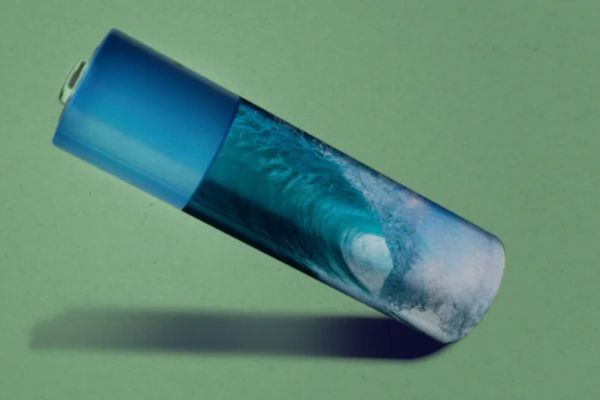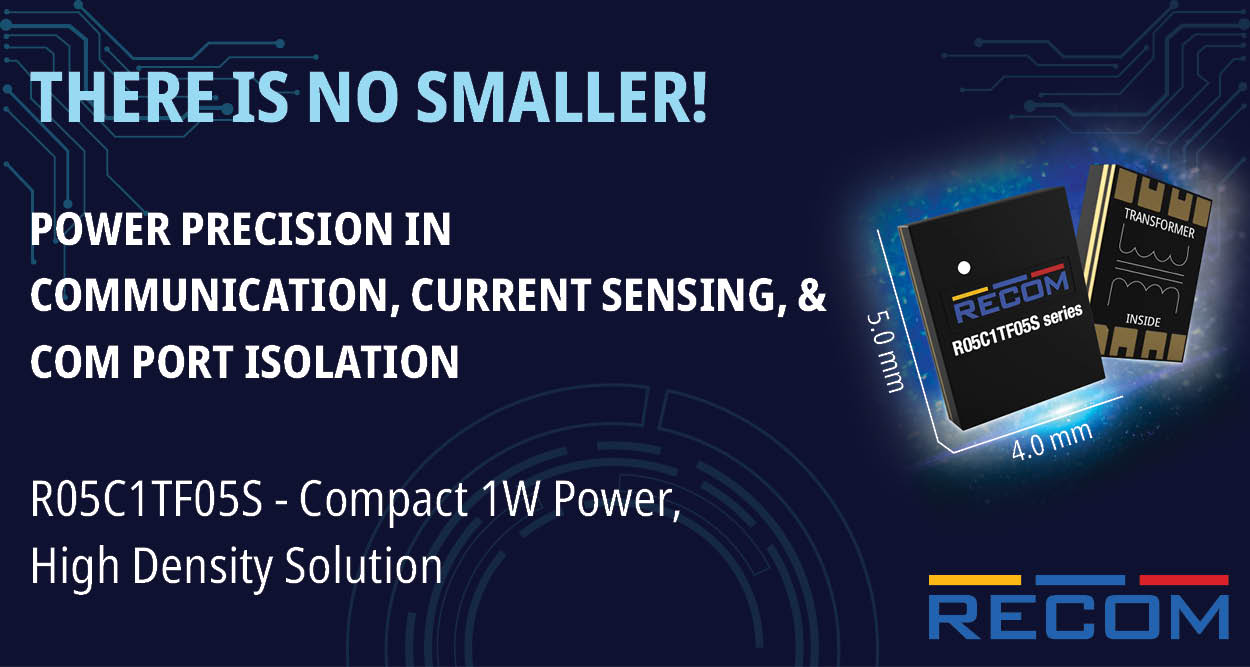Batteries that won’t explode or won’t catch fire, are recyclable, cheaper, and last longer are no longer a myth!
Researchers at RIMT University created a prototype of Water Batteries, also called aqueous metal-ion batteries. Unlike Lithium-ion Batteries, water batteries use water instead of organic electrolytes and can be the best Alternative for Lithium-ion Batteries.
Lithium-ion Batteries use organic Lithium salt electrolytes to empower the flow of electric current between the electrodes which can cause a fire. In addition, Lithium-ion batteries are sensitive to high temperatures and also have a short life span. High temperature causes dendrite formation in batteries which causes irreversible damage and capacity loss. Lithium-ion batteries cause land and water pollution if exposed to the environment, as they contain toxic minerals and salts. Moreover, the manufacturing of Lithium-ion batteries is costly, as they contain valuable and less abundant minerals like Nickel and Cobalt.
Water batteries are a better substitute for Lithium-ion batteries. Water batteries have no risk of exploding, as pure water does not allow the flow of electric current. Water batteries last longer as they prevent dendrite formation. Dendrite growth is prevented by coating the anode with Bismuth metal, which then oxidizes to form Bismuth oxide (rust). Water batteries lower manufacturing costs as it does not contain any expensive minerals. Moreover, water batteries are also less toxic and reduce the risk of damage to the environment. Recycling of water batteries is easier compared to the complex recycling process of Lithium-ion batteries.
Water batteries are at an evolving stage and require more research to be a sustainable solution. Water batteries can be manufactured using metals like Magnesium, which are cheap and readily available in the earth’s crust. In addition, using Magnesium provides faster charging capabilities. Water batteries in the initial stages, have an energy density of 75 watt-hours per kg, which is less comparatively to the batteries currently in use. To increase the energy density, new nanomaterials are to be researched and developed for use as electrode materials.
By overcoming these challenges, water batteries can possibly replace Lithium-ion batteries in the upcoming decade, which according to the Consegic Business Intelligence have a CAGR of 5.7% from 2023 to 2030. Also, water batteries can outclass lead-acid batteries in 1-3 years! Water batteries can be used in portable devices, small electronic devices, and also in large energy storage devices.
Water batteries tend to provide a recyclable, cheap, less toxic, and non-explosive alternative for the growing need for batteries in the near future.















